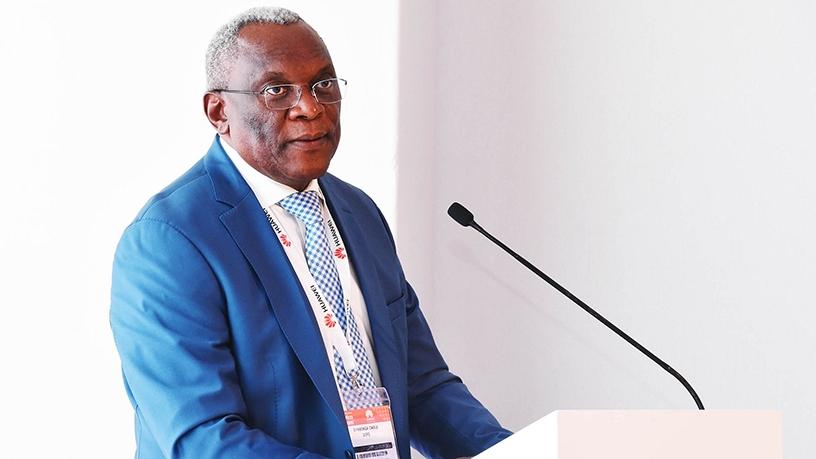
Today marks the last day for ICT industry stakeholders to submit comments on the provisions contained in the Electronic Communications Act (ECA) Amendment Bill.
The Bill, approved by Cabinet in November, contains provisions such as spectrum allocation, the proposed wholesale open access network (WOAN) and rapid deployment policy, which have garnered criticism from some stakeholders in the sector.
The Free Market Foundation claims the Bill will have "far-reaching implications for consumers, industry and the economy" and will cause data prices to rise and Internet access to fall. Meanwhile, pundits believe the Bill proposes a "dictatorial approach to spectrum allocation that will destroy competition in the sector".
According to the Department of Telecommunications and Postal Services (DTPS), the ECA Amendment Bill is one of the pieces of legislation that gives effect to the National Integrated ICT Policy White Paper.
Facilitated by the DTPS, the ICT Policy White Paper was finalised and published in September 2016, and is supposed to replace the separate white papers on telecommunication (1996) and postal services (1998).
The proposal of an open access network model for allocating spectrum was put forward in the white paper, and the telecoms department has stressed that plans to establish a WOAN are going ahead, despite the widespread criticism.
Speaking in Midrand yesterday, minister Siyabonga Cwele said at its National Elective Conference last year, the ANC resolved that the ICT Policy White Paper should be implemented without delay.
"It [the National Integrated ICT Policy White Paper] encourages transformation in order to broaden access to the whole ICT value chain.
"Modelling business on open access principles is very important in a developing country like South Africa. We...must we keep on affirming access to these opportunities for businesses [and] all citizens by making sure they can plug in to existing infrastructure instead of duplicating infrastructure everywhere."
DTPS director-general Robert Nkuna said last year, following the deadline for comments to be submitted, government will host public hearings on 1 and 2 February to discuss the Bill further.
According to Nkuna, the public hearings will give all industry players a chance to interact with the DTPS in public to explain their issues and concerns.
By the time of publication, the department had not indicated whether the public hearings would still go ahead.
Share